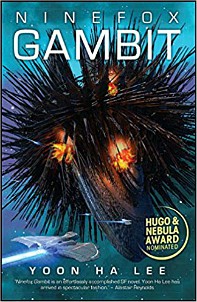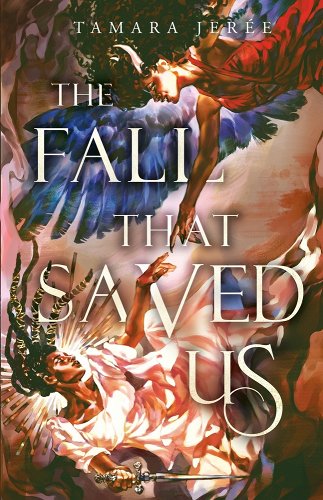Imagine that you are telling a science fiction story for cavemen, a hundred thousand years ago. Imagine that you’re all sat around a fire, half-covered by an outcropping of stone, hoping that tomorrow will be drier than today, and you decide you’ll tell a story about the far future. Imagine that somehow you have the gift of true sight, and you dream up a simple story about a foiled weekend lunch date in Manhattan. Something simple–two people match on Tinder, but there’s a problem with the subway, and then the taxi driver is a bit of a character but misunderstands where he’s supposed to be taking her, and she ends up walking home from the wrong restaurant, glad that she remembered to throw a pair of flats into her bag.
Where do you start? How do you guide your listener into the setting? Say, when your character has to take that taxi. Do you start by trying to explain an internal combustion engine to your listeners, who have never seen smelted metal? Do you try to describe glass as translucent as water to an audience who has never seen so much as a rough glass bead? How do you describe the setting, miles of skyscrapers and roads teeming with passerby, to someone who has never seen a man-made wall? How would you even begin to describe a smartphone, and then a dating app, to a people who have no written language, and who might only meet twenty or thirty other people their entire lives? How do you explain all this in-narrative, when any character who lives there is so accustomed to everything as to find it invisible, but it is so far beyond the understanding of your listener as to seem like magic? How do you get to actually telling the story, when the underpinnings would take a year to explain?
Yoon Ha Lee, the master who wrote Ninefox Gambit, gets around this dilemma by explaining almost nothing at all. The reader is plunged into the river of narrative facefirst, mercilessly, and had better learn to swim–because the water is picking up speed.
Ninefox Gambit is a piece of military science fiction set in a world whose cultural mores, technology, history, are all beyond our easy understanding. If it is in our own future, this book is set so far ahead as to be unrecognizable. But if the world is as opaque as a river full of silt, still the characters are as sharp as the sunlight off a fishscale. Cheris would be Asian, if she were from Earth; her hair is dark, she uses chopsticks and has a fondness for quick-pickled vegetables with her rice. These things are recognizable, comfortable touchstones for me personally in a book that is full of so much that is alien. If Cheris were a 21st-century American, she’d also be considered a lesbian; her people don’t have a word for it.
(Do you have a word for a woman whose hair is one inch longer than another woman’s? It goes unremarked-upon.)

